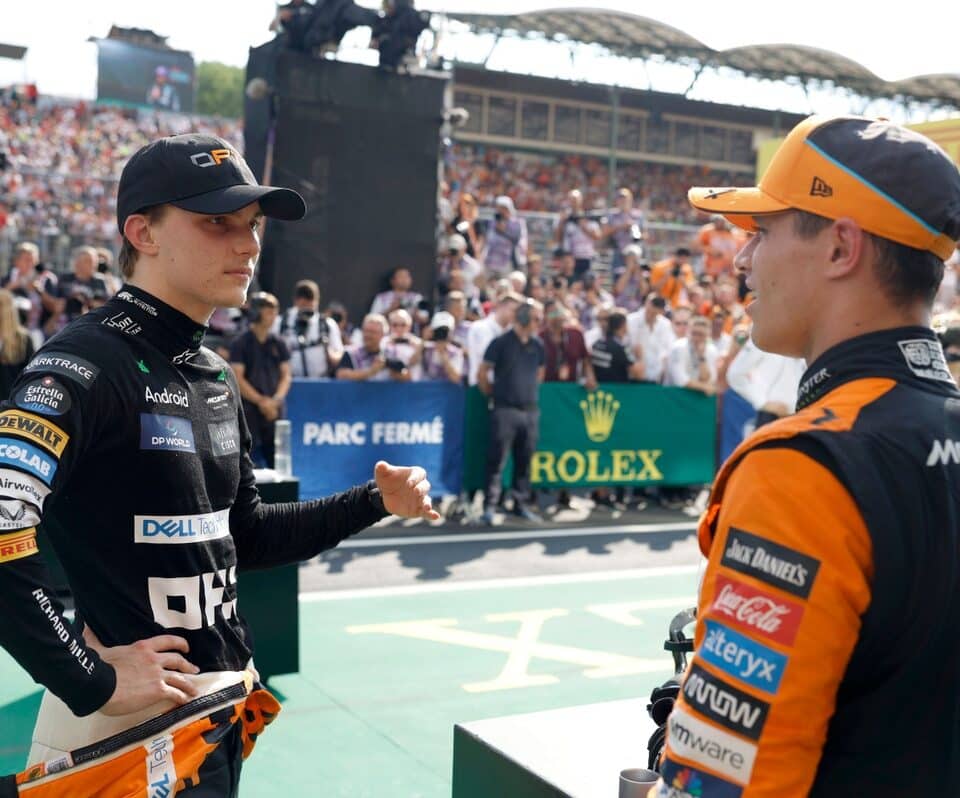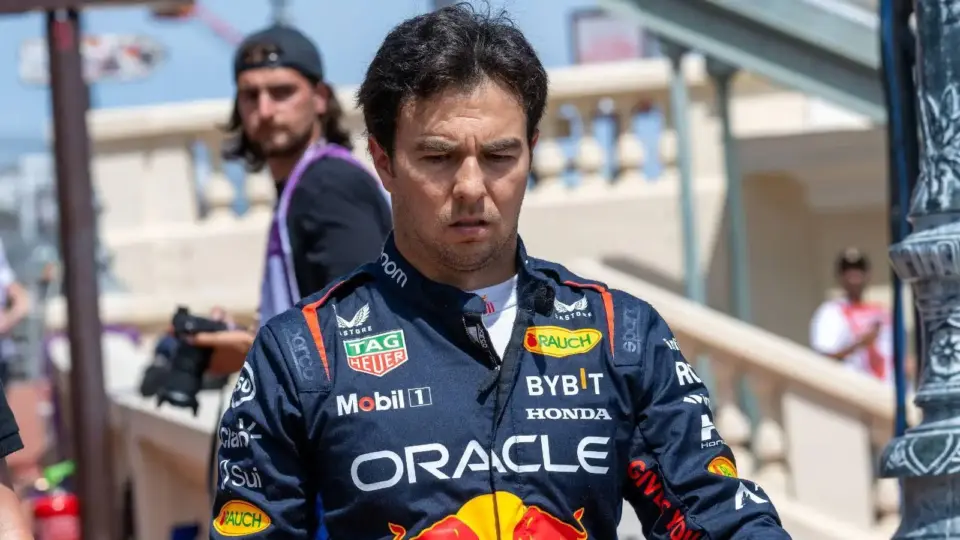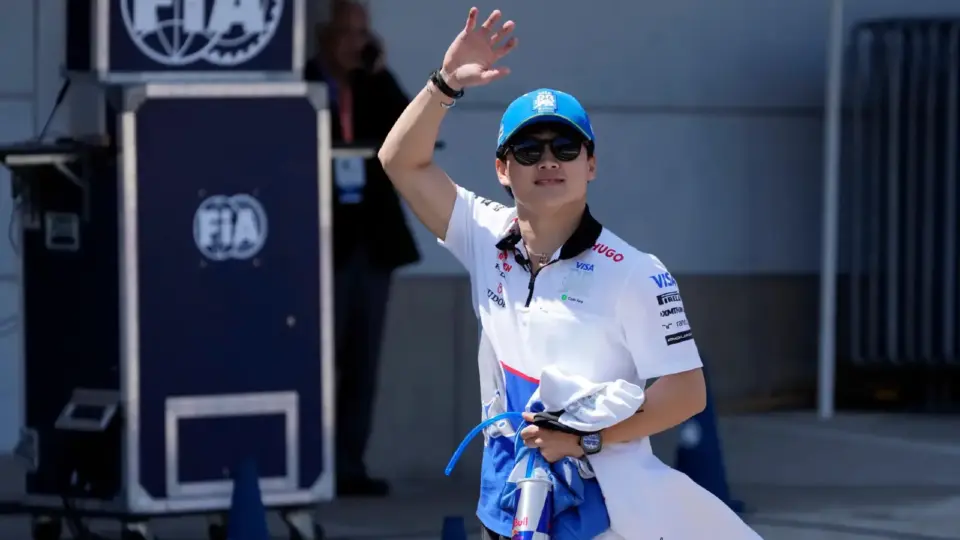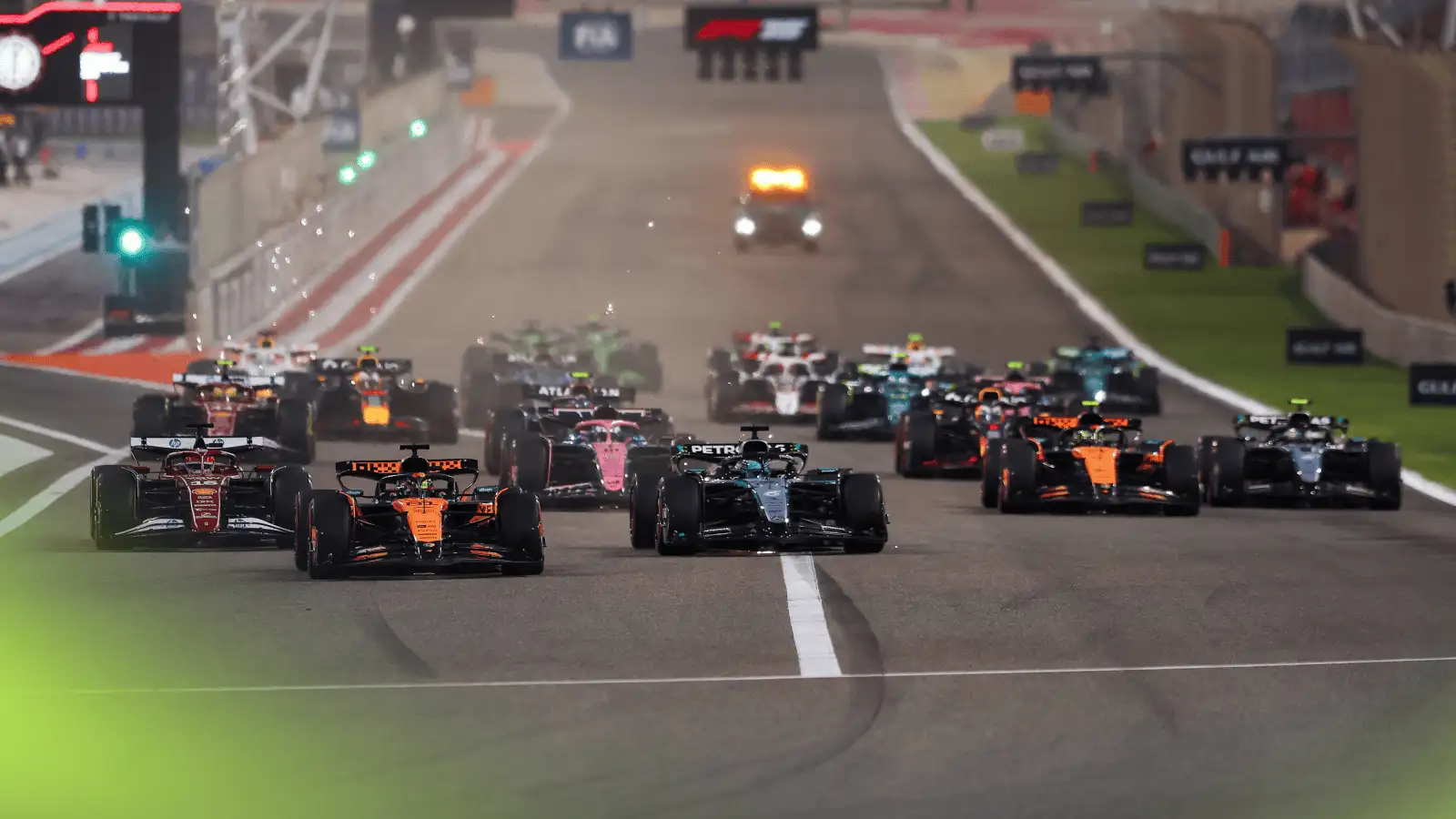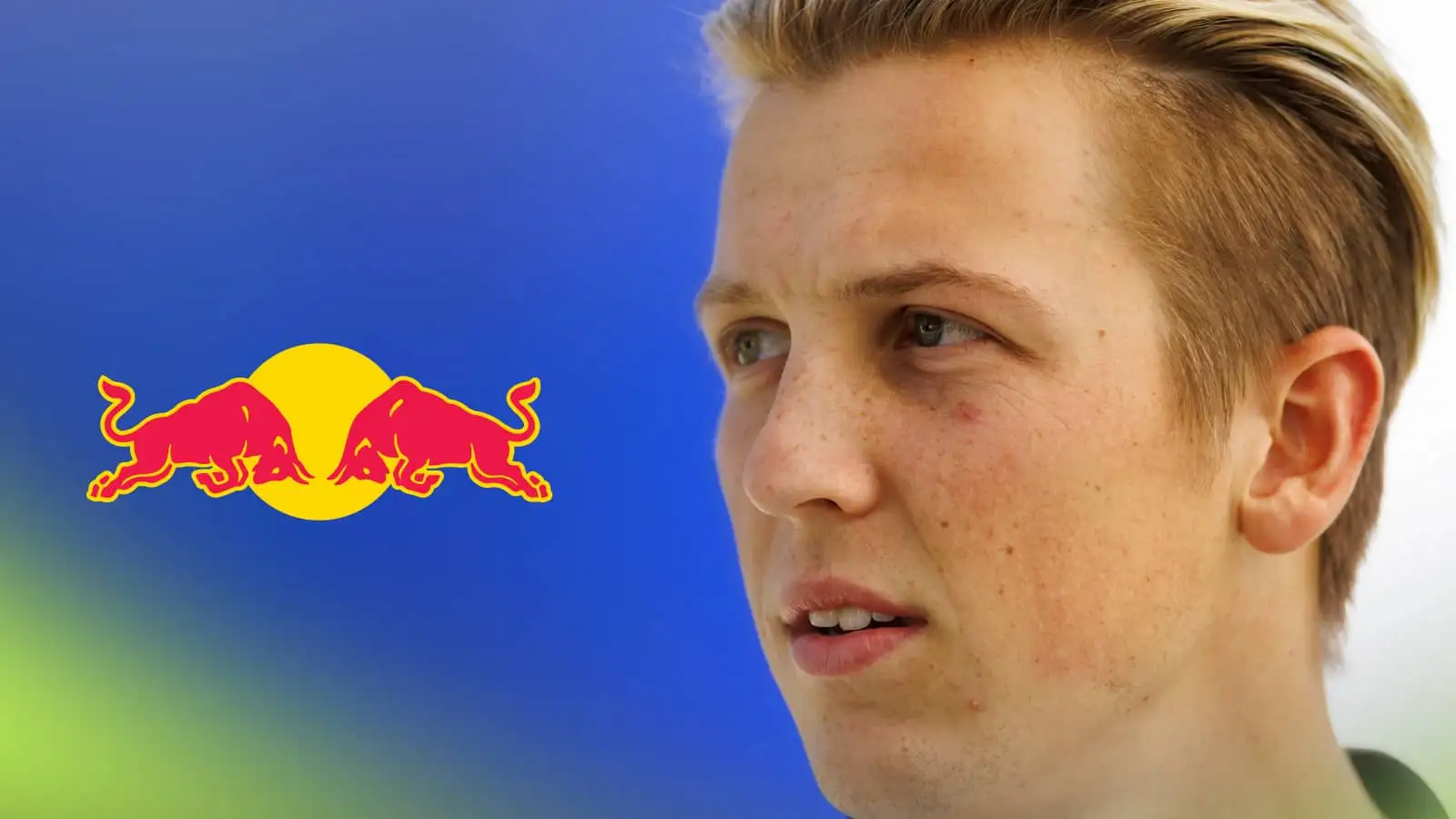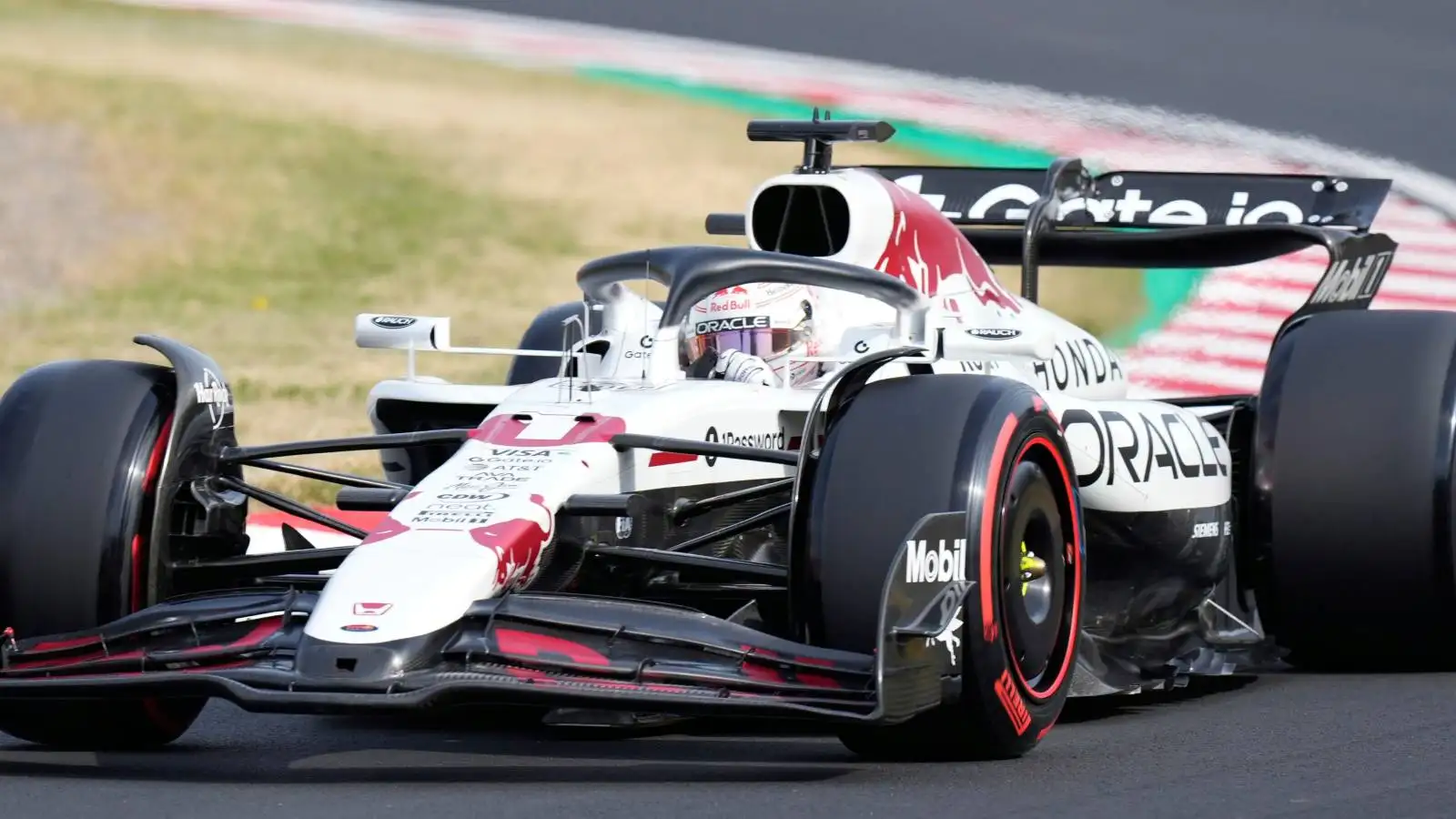The Hungarian GP threw McLaren into a whirlwind with its team orders debacle. Here’s a look at the key events and their implications:
- McLaren handed Lando Norris a strategic undercut, sparking team orders tension.
- Oscar Piastri’s maiden win was overshadowed as it looked like a gift.
- Radio communication revealed McLaren’s internal struggles during the race.
- Team leadership is now contemplating clearer rules for future races.
- McLaren might need to back Norris fully as the championship fight tightens.
The Hungarian Grand Prix saw McLaren embroiled in controversy due to its team orders. The pivotal moment came when Lando Norris was given the strategic undercut, a decision aimed at minimizing threats from Lewis Hamilton and Max Verstappen. This move, while strategically sound, ignited tension within the team.
Oscar Piastri, who was leading the race, saw his potential maiden F1 win overshadowed. As Ferrari’s Fred Vasseur aptly noted, “I can perfectly understand that for Piastri, it’s a bit harsh. He’s leading the race, he’s doing a good job, and your teammate is doing the undercut on you. It’s a bit harsh.” This sentiment echoed the feelings within McLaren, where the radio exchanges became increasingly emotional, especially towards Norris, suggesting a lack of complete trust in his compliance with team orders.
Post-race reflections indicate that McLaren, while likely concluding that their strategic decision was correct, recognizes the need for improvement. Clearer communication, pre-agreed action plans, and more decisive handling during the race are seen as areas for enhancement. Mercedes’ Toto Wolff, drawing from his experience, emphasized the importance of having defined racing rules to manage two capable drivers, hinting that McLaren might adopt a similar approach.
Another critical consideration for McLaren is whether to fully back Norris in the driver’s championship as the season progresses. Currently, Norris and Piastri enjoy equal treatment, but the narrowing points gap between Norris and championship leader Verstappen might necessitate a shift in strategy. Team principal Andrea Stella hinted that the team ethos of fair racing could be revised if one driver emerges as a stronger championship contender. Stella expressed hope that should the situation arise, the other driver would willingly offer support, reflecting the team’s spirit.
In summary, McLaren faces the dual challenge of refining its race strategies and potentially altering its driver support dynamics as the championship intensifies. These lessons, tough as they are, form a crucial part of their journey back to the top of Formula 1.
McLaren’s Hungarian GP experience underscores the complexities of competing at the front and the continuous learning required to manage top-tier drivers effectively.
